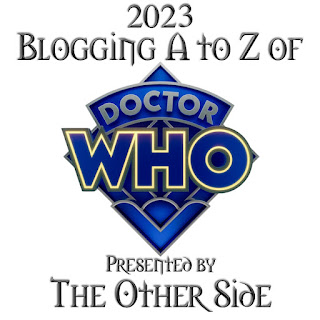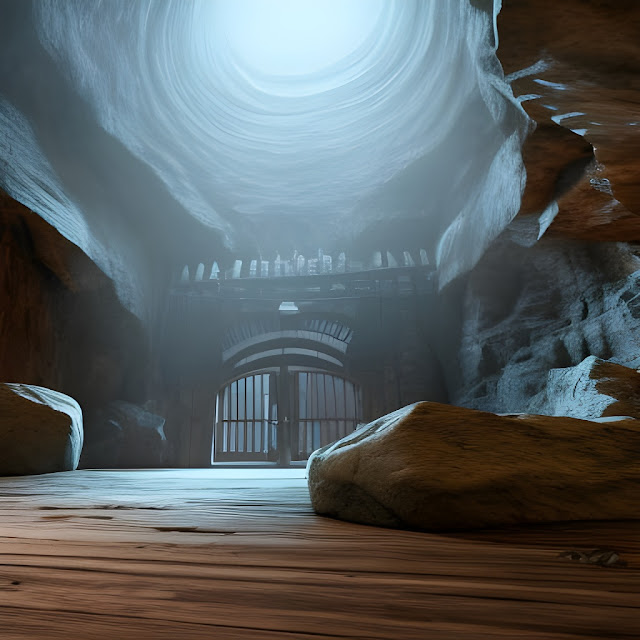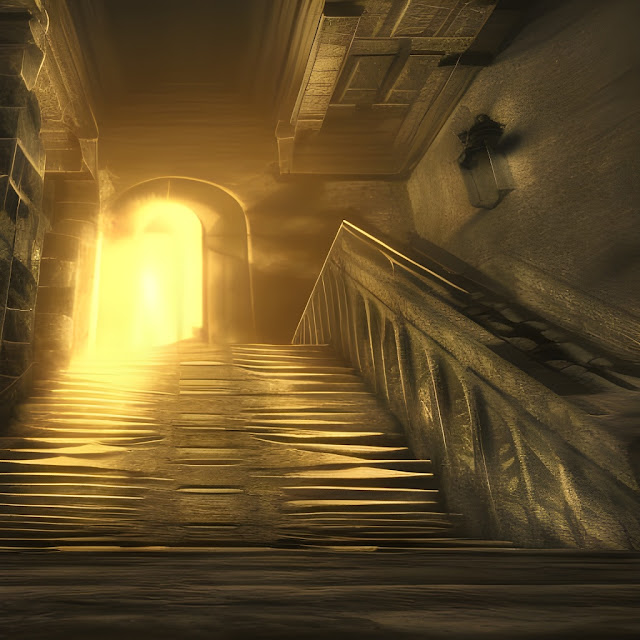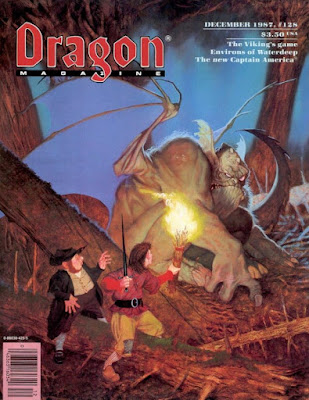The Doctor (an alien from the Planet Gallifrey) has encountered numerous aliens in the 60 years since the show began. While the very first episode, "An Earthly Child" didn't encounter any aliens (they went back in time) the Doctor (in his first incarnation) and his granddaughter Susan were the aliens, though we did not know that yet at the time. We knew the Doctor and Susan were from the far future.
Honestly, I could do an A to Z of just the aliens. Starting with Autons all the way to Zygons.
But instead, I want to talk about the aliens in a more general sense.
Steven Moffat (writer 2005 to 2008, executive producer 2009 to 2017) once commented that the Doctor does not have superpowers, he has two hearts. He does not have a gun, he has a screwdriver to fix things. So the notion that aliens are not always some galactic threat, like we see in the Christmas Invasion (2005), but are here to help.
ADRIC: The Earth people use it to beam messages to the stars. The Doctor calls it reiterated invitation to alien intelligences in deep space.
NYSSA: And that's us.
ADRIC: So they'll be very pleased to see us.- "Logopolis," Season 18, Serial 7, March 1981.
While I will call out some of the more prominent alien species through out this month I'll mention a couple here.
Autons. An alien species that can live in and bring to life plastic. They are connected via a linked consciousness, the Nestene.
Cybermen. Actually a race of humans from a planet much like Earth. The humans there depleted all their natural resources and had to replace their bodies with cybernetics. One of the Doctor's oldest foes.
Daemons. Not demons, but they do look like them. A group of transdimensional scientists.
Draconians. If Doctor Who had a race closest to the Klingons of Star Trek, then it is these guys. They are a species of war-like reptile/humanoids who value honor above all else. They are a space faring species that often run into conflict with humans in the future. The masks and make-up used for them was a significant step up in terms of effects, allowing the actors a full range of facial features.
Judoon. These creatures look like bipedal rhinoceroses. They are not very bright but follow orders and are often used as police, peacekeepers, or mercenaries. Though they are smarter than the Ogrons below.
Ogron. Largely space Orcs. These guys are mercenaries willing to work for whoever had the most coin or credits. They are brutal and not very bright. The make-up and masks come from the same time as the Draconians, so a large step up from previous creatures.
Ood. These guys look like monsters. Indeed they have more than just a passing similarity to the Mind Flayers of D&D; they are one of the most peaceful species in all of Doctor Who. They are highly telepathic and empathic. Of course, humans use them as slave labor by lobotomizing them. The message here is clear, in the future, humanity is still pretty much shit.
Silurian. Along with the Sea Devils. This is a race of reptile humanoids that evolved on Earth millions of years before humanity. When their scientists predicted the asteroid that would wipe out the dinosaurs they retreated far below the surface and went into suspended animation. Their computer would wake them when the Earth began to warm up enough for them. Even in the 70s Doctor Who had a keen idea on what was going on. There are three varieties. The Homo Reptilia which is split into two castes the warrior (female) and the scientists (male). There are the psychic Silurians (which I tend to think of as a third gender) and the Sea Devils a race of purely aquatic reptiles.
Slitheen. Pictured above. These aliens are bad. But they are also quite fun since the poke fun at the cheap rubbery suits that were a feature of Doctor Who aliens for years. They look human until they unzip their human suits to reveal the alien inside. They come from the planet Raxacoricofallapatorius, which is just fun to say.
There are so many more. I hope this little taste is enough to prepare us for the month ahead.
All images are used with permission from the BBC and are copyrighted 2023 by the BBC.











